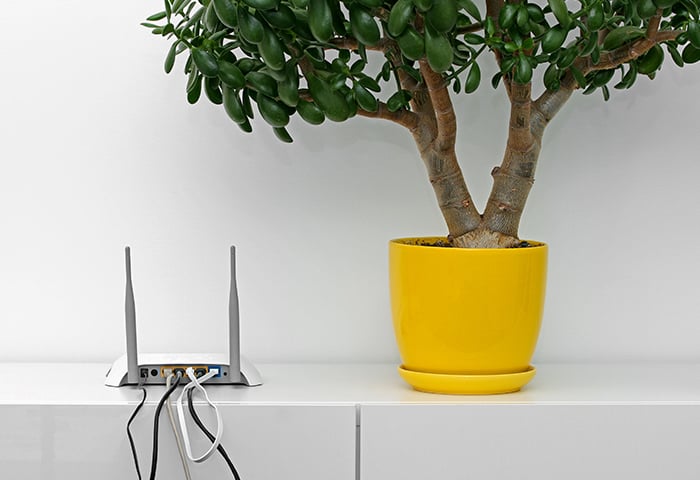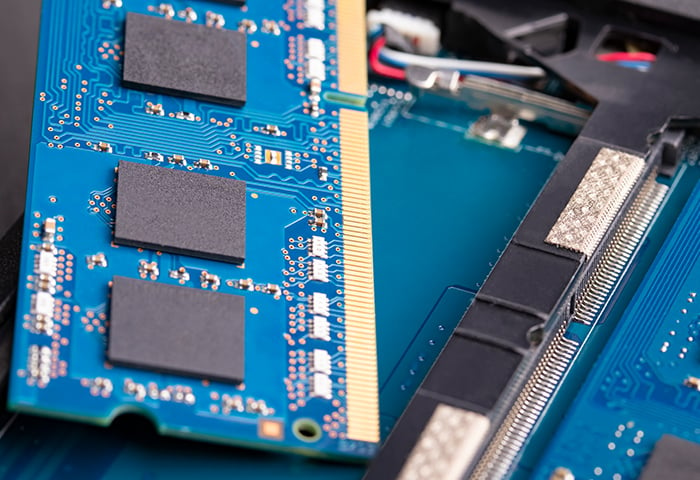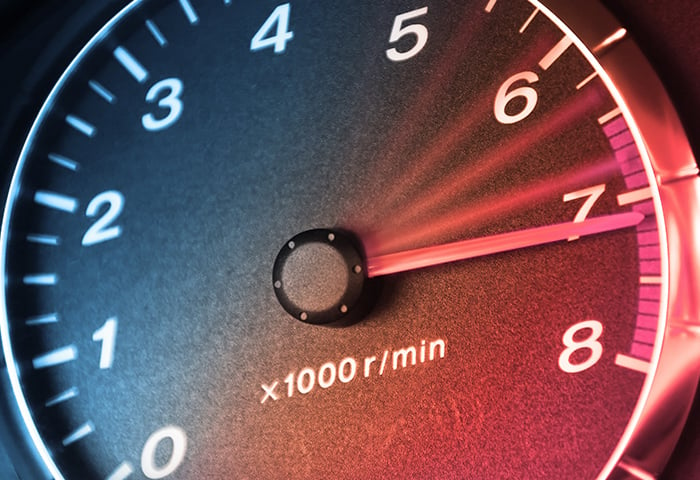Whether you’ve bought a shiny new ultraportable or you still use a five-year-old desktop, you should regularly check performance and battery life. This lets you keep an eye out for major issues as your PC ages and slows. It also gives you ready knowledge to compare it to similar hardware or hardware you’re thinking of buying.
Battery Tests
Your laptop battery life varies greatly depending on what you do with it. For example, playing 3D games at maximum brightness will drain most new laptop batteries in 45 to 90 minutes. By contrast, you can often watch movies or do light text editing for an entire workday before the battery dies.

-
Gaming: To test battery life, my advice is to fully charge your laptop and then let the game run on loop. Many games, such as GTA V or Gears of War 4, include a benchmark mode; once set, it repeats the game demo until your battery runs dry. If the game doesn’t include such a mode, just leave the game running at a busy section. In the screen above, I started No Man’s Sky and let it sit at a section with lots of moving animals and grass waving in a virtual breeze. Perfect for simulating a high load on your laptop! (I’ve posted below a list of popular games a benchmark mode.)
-
Movies: Well, this one is rather easy. Just start a movie or any video and set your player to loop until your battery runs dry.

-
Work: To measure battery life for working productively with your PC, you’ll need to use productivity testing software (such as PCMark, discussed below). Most have a “Battery Test” mode, which repeats tasks until the battery runs dry.
For correctly measuring battery life, a simple stopwatch is generally enough, as you don’t need to measure it down to the millisecond. (To get a sense of how I test battery life in the lab, have a look at our AVG performance test center.) All of the reported battery tests were repeated multiple times to improve the accuracy of the results.)
Real-world PC usage tests
Measuring real-world performance (such as browsing the web, word processing, multimedia editing) is a tough one. It’s something most people can’t do and get accurate and reproducible results.
Rather, it requires software that repeats specific tasks at specific intervals. Then it measures to the millisecond how long it takes to complete each task and the collection of tasks.
My favourite tool for this is PCMark (downloaded the trial version here). The suite aims to simulate normal use by automating processes, such as working with Microsoft Office® and Adobe® products, playing games, browsing the web, and editing and converting video. It then measures how fast the PC is able to handle these operations.
It requires two tests for initial results – one to set a benchmark, and another a month or two later to see what’s changed. You can then conduct periodic tests after that as often as you like. To set the benchmark performance, I recommend using the “Work” benchmark, which includes the following tests:
-
Web browsing: This test automatically launches a web browser which loads a social media site using Internet Explorer. It renders images, scrolls up and down pages, opens pages, performs searches, and uploads data to the site, all the while measuring the frame rate and the speed of operations.
-
Writing: The writing benchmark opens up a large (50+ MB) document, saves it, and then pastes in a massive amount of text and images. It then copies content from one document to another.
-
Video chat: This test involves the capturing and rendering of two video streams simultaneously, which simulates the typical workload caused by a video chat through applications such as Skype.
After the first test, you’ll get a score (e.g. 2000 points). Save the results and run the test again in a month or month, or compare it with other PCs.
If you don’t like PCMark or don’t want to pay for the full version (the trial should be fine for basic purposes), you can also try the free Cinebench 15, a very popular tool to test CPU and GPU performance:

3D Game tests
Whether you’re a gamer or not, testing how capable your computer is when displaying 3D images form games is a great way to test PC performance.
In this case, the best option is 3DMark. Available as a free or paid product, it is arguably the best tool out there to test the fitness of your laptop or PC – and the leaderboards are particularly interesting, as you can see how you stack up against the fastest PCs on earth.

One of the proudest moments of my gaming life (some might say the saddest in my “real” life): Ranking 77th on 3DMark’s global chart of the world’s fastest gaming PCs with an NVIDIA Titan X duo. (For beginners: these are crazily fast graphics cards; the fastest available for the general consumer.)

To run the test, just install the product and launch it. The first thing you’ll see is an overview of the available tests.
Pick one and hit the Run Benchmark button!
However, no matter how accurate 3DMark is, it doesn’t reflect real-world performance. To test that, use built-in benchmark tools in game, when available. Popular games that include these tests are:
-
Batman: Arkham City
-
Shadow of Mordor
-
Grand Theft Auto 5
-
Sleeping Dogs
-
Crysis 3
-
Tomb Raider
-
Dirt 3
Just open the game, locate the graphics settings, and launch the benchmark. Most of the tests will display a summary of your PCs performance. To keep a record, take a screenshot (or a photo with your phone).
Rinse and Repeat
No matter which test you use: my advice is to always repeat each test at least three times. By doing so you’ll eliminate fluctuations and the influence of external factors, such as varying temperature. And if you want to really dive into how I test PCs, laptops, and software products, visit AVG PC TuneUp Benchmark whitepaper, which provides an overview of the methodology and tools used in a professional test environment.






/How-to-speed-up-your-iPhone-Thumb.jpg)













